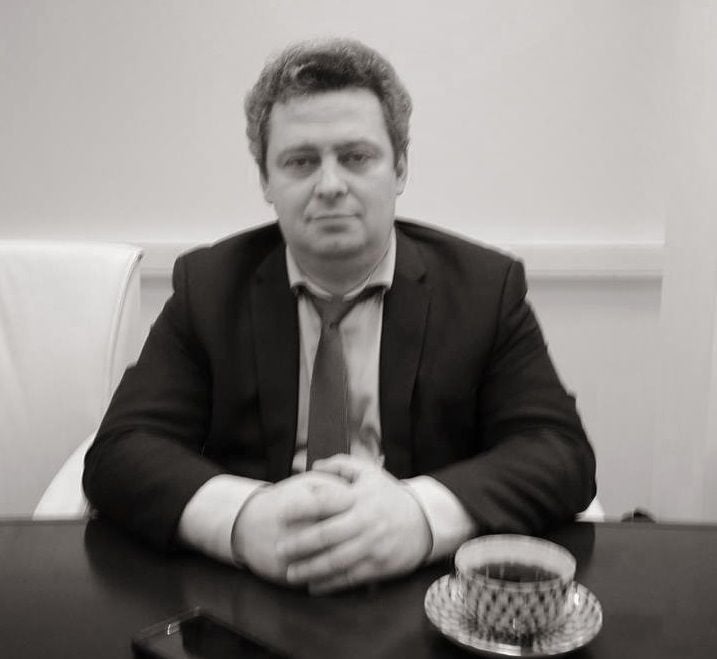
Pavel Feldblyum: Putin, not Gorbachev, is a real gravedigger of the "Russian world"
One of the leaders of the Jewish community in the Russian Federation spoke with UNIAN, telling why it is not time today for heated discussions in the Ukrainian-Jewish relations, how a number of Russian Jewish organizations built into Putin's "power vertical" serve as tools to incite hatred against Ukraine in Russia, and why Jews had to be the first ones to recognize the Holodomor as genocide of Ukrainians.
75 years ago was, Kyiv witnessed one of the worst atrocities of the 20th century - mass murder of Jews at Babyn Yar. During the occupation of Kyiv in 1941-1943, the Nazis conducted mass executions of Jews and Gypsies, Soviet POWs, Syrets concentration camp prisoners, members of the Organization of Ukrainian Nationalists and others. In the early days of the killings, on September 29-30 1941 alone, almost 34,000 Jews were killed. Over the two years of occupation, some 100,000-150,000 people were murdered and buried in Babyn Yar, two-thirds of whom were Jews.
As the commemoration events were attended by the presidents of Israel, Germany, Hungary, and the Head of the European Council, some statements stirred up a wave of mutual accusations and recriminations.
UNIAN met one of the leaders of the Jewish community of Russia, former chairman of the Jewish Community of Moscow Pavel Feldblyum, who was also visiting Kyiv those days.
Feldblyum is positive that the tragedies of the past must not be a source of today’s quarrels between the nations. He believes that history must be remembered and the lessons must be learned, but we cannot let anyone to exploit this history to justify war against Ukraine, which is what the Russian government has been doing lately.
In Feldblyum’s opinion, the annexation of Crimea led to tectonic changes in the post-Soviet space, one element of which was the birth of the Ukrainian political nation. This also affected the Jewish community.
Ukraine has divided the Russian society: you can either support Putin and his war or oppose it. Supporters prevail, while any public statements favoring the latter point of view automatically turn the person into a pariah. How were you personally affected by the events of the last two years?
Until recently, I had no problems with national identity. I proudly called myself a Russian Jew. At the same time, I never considered significant the fact that I had been born in Ukraine. It was not so important whether it was Russia, Ukraine, or Kazakhstan - in any case, you are a Soviet Jew, a Russian speaker, or, more simply, Russian. We said "Russia" but we implied "Ukraine" and vice versa.
And it’s not only about the Jews. Before 2014, the Ukrainians, as well as citizens of other republics of the former Soviet Union felt like a part of the Russian world, Russian culture and traditions. None of the tectonic shifts of the period of the Soviet Union’s collapse have been able to break this paradigm for two decades. Now it is a thing in Russia to say that the collapse of the Soviet Union was the major geopolitical catastrophe, the greatest tragedy, and all that blah blah blah. They blame Gorbachev, Yeltsin, cursing Belawezha Accords... But the fact is that the Soviet Union has not gone anywhere after 1991. I would say that it was in a half-life period. Indeed, the Union disappeared as an administrative unit, but in fact we all continued to dwell in the same cultural and mental common space. The attempts of regional elites to accelerate the centrifugal processes were unable to overcome the inertia of the Soviet consciousness, the so-called “Russkiy mir” [Russian world], in most of the republics of the former USSR. Throughout these 20 years, the Russian world dominated in the post-Soviet space.
Therefore, I believe Gorbachev was not a gravedigger of the Soviet Union. The complete collapse of the Soviet Union only started to be perceived in all seriousness following the Russian annexation of Crimea. The real gravedigger of the Russian world is Putin, who started a war, and turned into a bogey the very concept of the “Russian world”, locking it within derogatory quote marks.
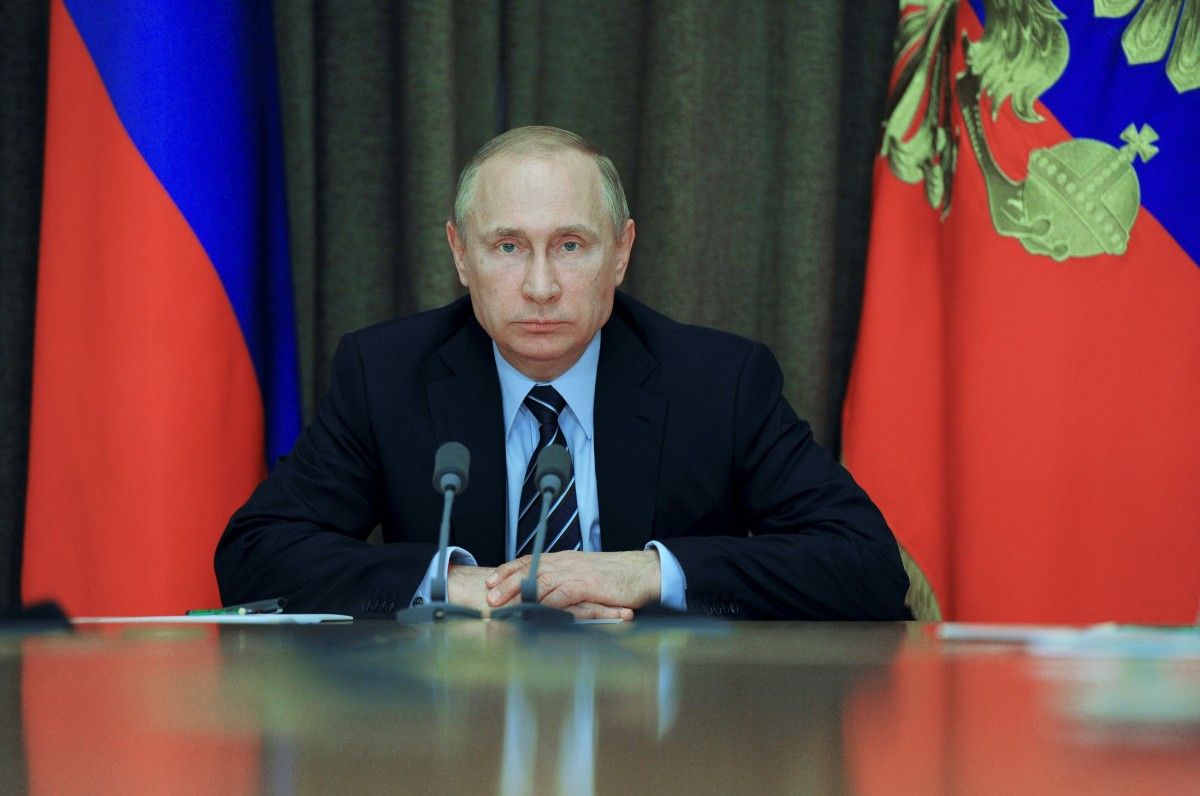
Today, we see how a pan-national identity is being formed in Ukraine as we look. It is clear to everyone across the country that the Ukrainian people means not only ethnic Ukrainians. After the Maidan, the Ukrainian people have been turning into a political nation, with Ukrainian Jews being part of it.
You heard me, I said “Ukrainian Jews”. After Putin started a war with Ukraine, I, as a Jew born in Kharkiv (and now it is a truly important fact to me), am no longer a Russian Jew. I’m a Ukrainian Jew, although I continue to reside in Russia, I don’t speak Ukrainian yet, and I don’t read Shevchenko in the original language. And this is a very serious change in my identity.
You were in Kyiv when the mourning ceremonies on the 75th anniversary of the Babyn Yar tragedy were held. You spoke both with politicians and ordinary people. Do you think Ukraine has learned its lesson from this terrible page of history?
My feeling is that many, though not all, Ukrainian Jews, especially in recent years, after the victory of the Maidan, have felt as they were part of the Ukrainian political nation. They felt that they had a common fate with the Ukrainians. Although this is a very, very difficult process. Indeed, our common history has both bright examples of generosity and self-sacrifice and some black, tragic pages. A very serious collision lies on this. Not only Ukrainian-Jewish relations, but also the future of Ukraine as a State depend on whether the Ukrainian society is able to agree on the answers to the most difficult questions of history.
For me personally, these questions are very painful. In search of answers, I came to Kyiv in 1991, being a kid I was, on the 50th anniversary of the Babyn Yar massacre. After all, the family of my father, who was only three years old in 1941, escaped the fate of most Jews in Kyiv by a pure miracle. They evacuated from Kyiv just a few days before the tragedy. And, of course, I could not but take part in the ceremonies.
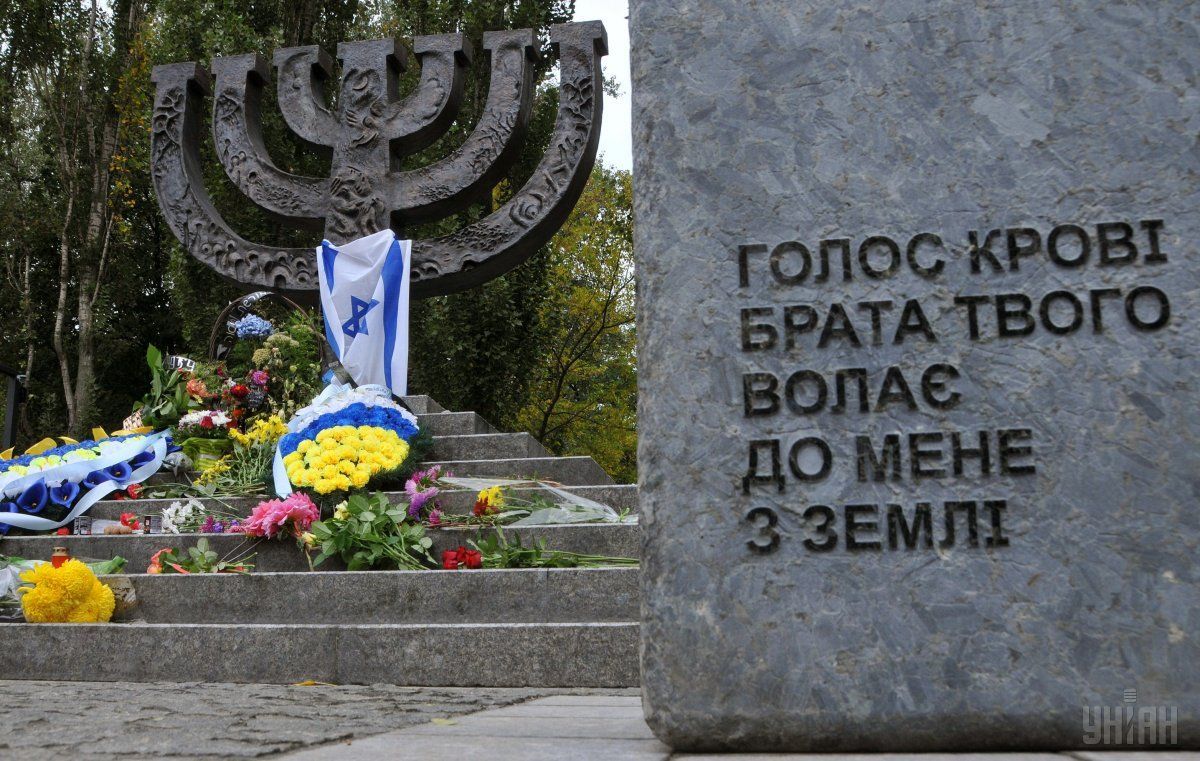
I confess I did not expect this kind of attention on the part of the Ukrainian State to the memory of the Jews who had been murdered in Babyn Yar. Within 24 hours, President Poroshenko took part in the signing of a Memorandum on the construction over the next five years of Europe's largest memorial site (by the way, on the initiative of Kyiv Mayor Vitali Klitschko), gave an official reception at Mystetskyi Arsenal, and then later that evening attended from the first until the last minute in the Memorial Night in Babyn Yar. The president’s bright and emotional speech, delivered with no written notes, made a very strong impression on me as well as on the others present. The prime minister, the mayor of Kiev, many members of the government, and MPs also participated in all the events. The official Kyiv, as well as thousands of ordinary Ukrainians, stood beside the Jews in these days of mourning, and I felt it.
How can we make the history of the Holocaust not be a subject of arguments between the citizens of our country and not weaken Ukraine amid the ongoing Russian aggression?
The fate of our people is that we, the Jews, are maximalists. We always want more. We want to see the Ukrainian state recognize the fact that the representatives of the Ukrainian national liberation movement should share with the Nazis the responsibility for the Holocaust on the Ukrainian land. In particular, this was what Israeli President Rivlin was talking about while addressing the Ukrainian Parliament, which sparked a barrage of reactions on social networks and the Ukrainian media. I think those who drafted Rivlin’s speech, did a disservice both to their president and the Ukrainian-Jewish relations. The young and only emerging Ukrainian political nation is not yet ready for such a perception of history.
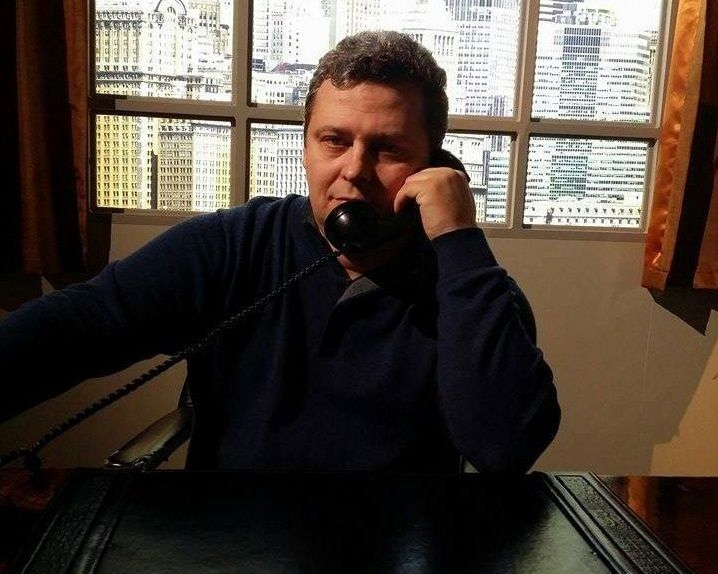
We need a long Ukrainian-Jewish dialogue, as well as a multi-year joint work on historical documents, their interpretations, determination of authenticity, to bring closer together the Jewish and Ukrainian perception of the tragic period of our common history. Trying to artificially speed up and push this process is impossible, I believe, and therefore counterproductive.
It would be a crime to not take into account today's realities, as if "leaving out of the equation" the fact that there is an ongoing war waged by the Putin regime. That is why I am convinced that the time for the public, but not emotional, debate on this subject has not yet come. And even more so, it is not time for mutual public accusations. Today, Ukrainian Ukrainians and Ukrainian Jews certainly have nothing to divide.
However, we see the opposite happening. The 75th anniversary of the tragedy was overshadowed by mutual accusations and insults ...
To my deep regret, some leaders of Jewish organizations in Ukraine apparently don’t understand that our Jewish claims, lying in a historical context, are being used today by the Russian propaganda machine for a very specific purpose – to justify aggression. I'm not talking about the fact that a number of Russian Jewish organizations, built into Putin's "power vertical" have become direct tools of igniting hatred against Ukraine in Russia. The regime is actively playing its "Jewish card" in its game against Ukraine. Let's not throw more aces in their deck.
On the one hand, the president of Israel talks about Ukraine’s historical responsibility. On the other hand, he remains neutral on the issue of Russia's invasion of Ukraine. Aren’t these double standards?
As for Israel's neutrality in this war. Surrounded by enemies from all sides, Israel is guided by its strategic and tactical interests, first and foremost ensuring the safety of its own citizens. This so-called “Real Politik”, which is based on practical considerations.
If you ask me, I am convinced that the Jews have no right to Real Politik. After all, the Holocaust was only possible in an environment when virtually the entire world followed this very Real Politik. The Jewish people survived through some very difficult trials and humiliation. Throughout history, we have experienced the injustice of the world order. Like no other nation, we feel the injustice in respect to the others.
Tikkun Olam – the desire to correct the imperfections of the world – is the cornerstone of Jewish philosophy. I believe that we, the Jews, should be the first ones to recognize the Armenian genocide and the Ukrainian Holodomor. We should be the first ones to stand beside the Crimean Tatars, who are now subject to hybrid genocide by Russia.
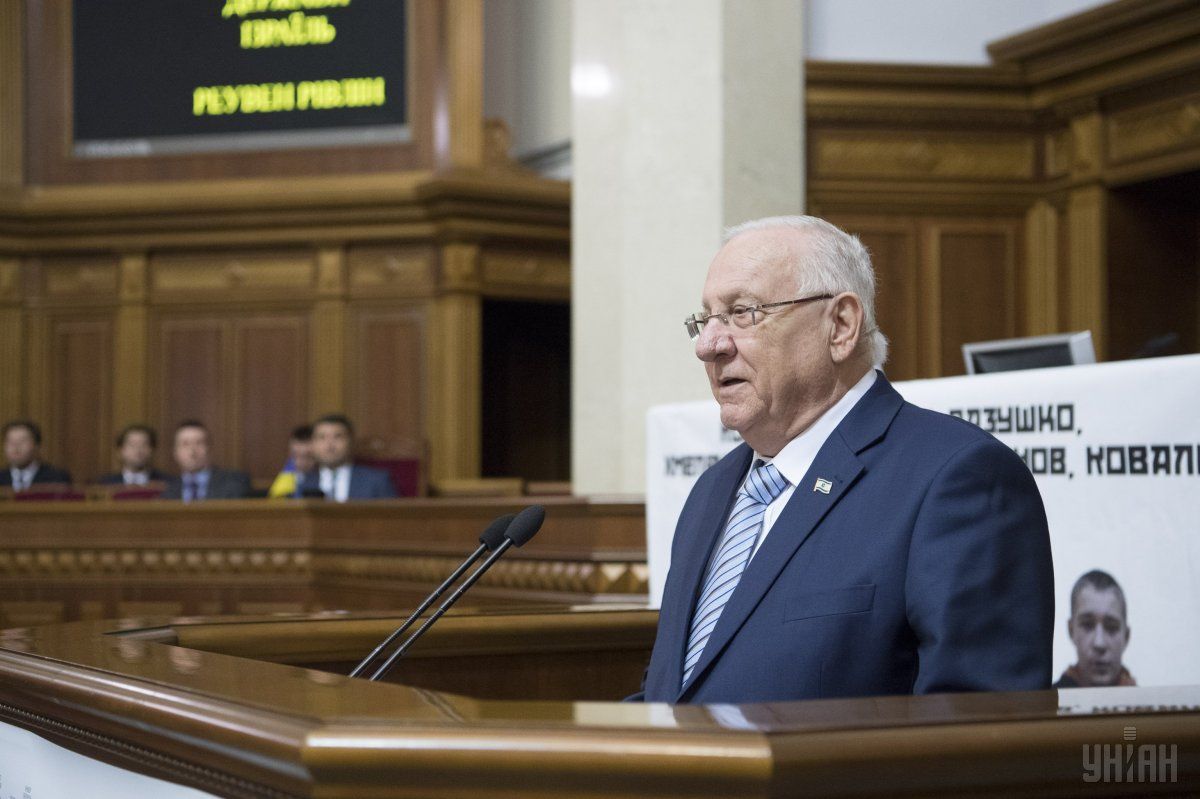
To my disappointment, the Jewish voice in defense of those who are subjected to humiliation and aggression is still too subtle. But it can be heard anyway. One example is a bright performance of Rabbi Yaakov Bleich at a rally on the Maidan in Kyiv May 18, 2016 on the anniversary of the deportation of Crimean Tatars. "Why is the world silent?!" Rabbi Bleich said, and I am also asking this question, addressing it including to Israel.
By the way, most of my Jewish friends in Russia, Ukraine, Israel, and the United States share my views. And I believe that our voice will be the voice of the Jewish mainstream. I will do all I can to this end.
Roman Tsymbaliuk, Moscow

